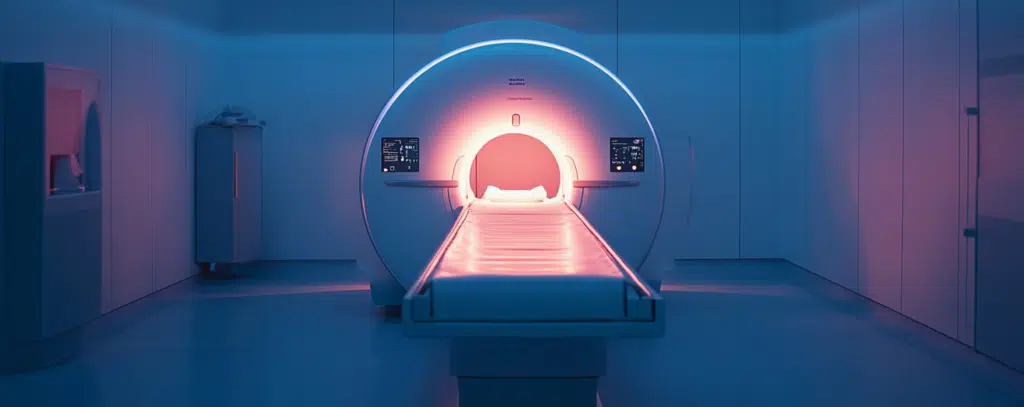

Doctor looking at MRI of spinal cord after car accident injury.
Anthem Injury Lawyers wants everyone in the community to understand what happens when you have medical bills after being injured in a car accident. The first thing you should do after getting immediate medical attention is to call Anthem Injury Lawyers. You can visit our website at antheminjurylawyers.com 24/7 to speak with us. We are here to take the mystery out of medical bills and help you or your loved one through this difficult time.
Medical expenses following a car accident can be handled in various ways. It depends on your insurance coverage, the severity of your injuries, and whether another party was at fault. To help you understand what might happen, here is a breakdown of how medical expenses work after a car accident in Nevada:
- Insurance Coverage
– Nevada is a “Fault” State:
Nevada follows a traditional “fault” system for car accidents. This means that the at-fault driver (or their insurance company) is responsible for covering damages, including medical expenses, for anyone injured in the accident.
– Medical Payments Coverage (MedPay):
MedPay is optional coverage you can add to your auto insurance policy. It helps pay for medical expenses regardless of who is at fault. It can cover things like hospital bills, doctor visits, surgery, and rehabilitation. MedPay is usually available up to a certain limit (e.g., $5,000 or $10,000), and once this limit is reached, you would need to seek compensation from the at-fault driver’s insurance or your own health insurance.
- Health Insurance
– If you have health insurance, it can help cover medical costs after the accident, but there are some things to consider:
– Deductibles and Co-Pays: Your health insurance may require you to pay out-of-pocket costs, like deductibles or co-pays, which can add up if you need extensive treatment.
– Subrogation: If your health insurance pays for your medical care after an accident, they may pursue reimbursement from any settlement you receive from the at-fault driver’s insurance.
- At-Fault Driver’s Insurance
– You can file a claim against the at-fault driver’s liability insurance. Anthem Injury Lawyers is able to handle this for you. In Nevada, drivers are required to carry at least the following minimum liability coverage:
– $25,000 for bodily injury per person
– $50,000 for bodily injury per accident
– $20,000 for property damage
– If the at-fault driver has more coverage, you can seek higher compensation, but if they only have minimum coverage or no insurance, it may not fully cover your medical expenses.
- Uninsured/Underinsured Motorist (UM/UIM) Coverage
– If the at-fault driver doesn’t have insurance or their insurance isn’t sufficient to cover your medical bills, Uninsured/Underinsured Motorist Coverage can help. This optional coverage on your policy can pay for medical bills, lost wages, and other damages if the at-fault driver is uninsured or underinsured.
- Medical Liens
– In some cases, healthcare providers may place a medical lien on your accident settlement. This means they agree to treat you now and be paid later, directly from any settlement or award you receive. This is common if you’re waiting for compensation from the at-fault driver’s insurance or a personal injury lawsuit. However, the provider will be paid before you receive the remaining funds from the settlement.
- Insurance Claims and Personal Injury Lawsuits
– The first thing to do after you are injured in a car accident is call Anthem Injury Lawyers so we can represent you against the other party’s insurance company. We are here to help you throughout the process so you can focus on recovery and getting back on your feet. In Nevada, you generally have two years from the date of the accident to file a lawsuit for personal injury.
– You can seek compensation for:
– Medical Expenses: Current and future medical bills related to the accident.
– Lost Wages: Compensation for the time you were unable to work due to your injuries.
– Pain and Suffering: Compensation for the physical and emotional distress caused by the accident.
- Emergency Medical Services
– If you require emergency medical care after an accident, such as ambulance services, emergency room visits, or trauma care, these bills can be significant. Depending on your insurance coverage, some or all of these expenses may be covered, but you may face large bills if you have high deductibles or limited coverage.
- Medicaid or Medicare
– If you’re covered by Medicaid or Medicare, these programs can help pay for medical expenses. However, like private health insurance, they may seek reimbursement (subrogation) from any settlement you receive from the at-fault driver’s insurance.
- Out-of-Pocket Costs
– If the at-fault driver’s insurance or your own coverage doesn’t fully pay for your medical expenses, you may be left with out-of-pocket costs. It’s important to keep detailed records of all medical expenses related to the accident, as you may be able to recover these through a settlement or lawsuit.
Call Anthem Injury Lawyers for help! We are here 24/7 to assist you when you have been in a car accident, and you were not at fault. Don’t wait, call today so we can get started. Anthem Injury Lawyers: We drive results for car accident victims.
Last updated Monday, October 7th, 2024






